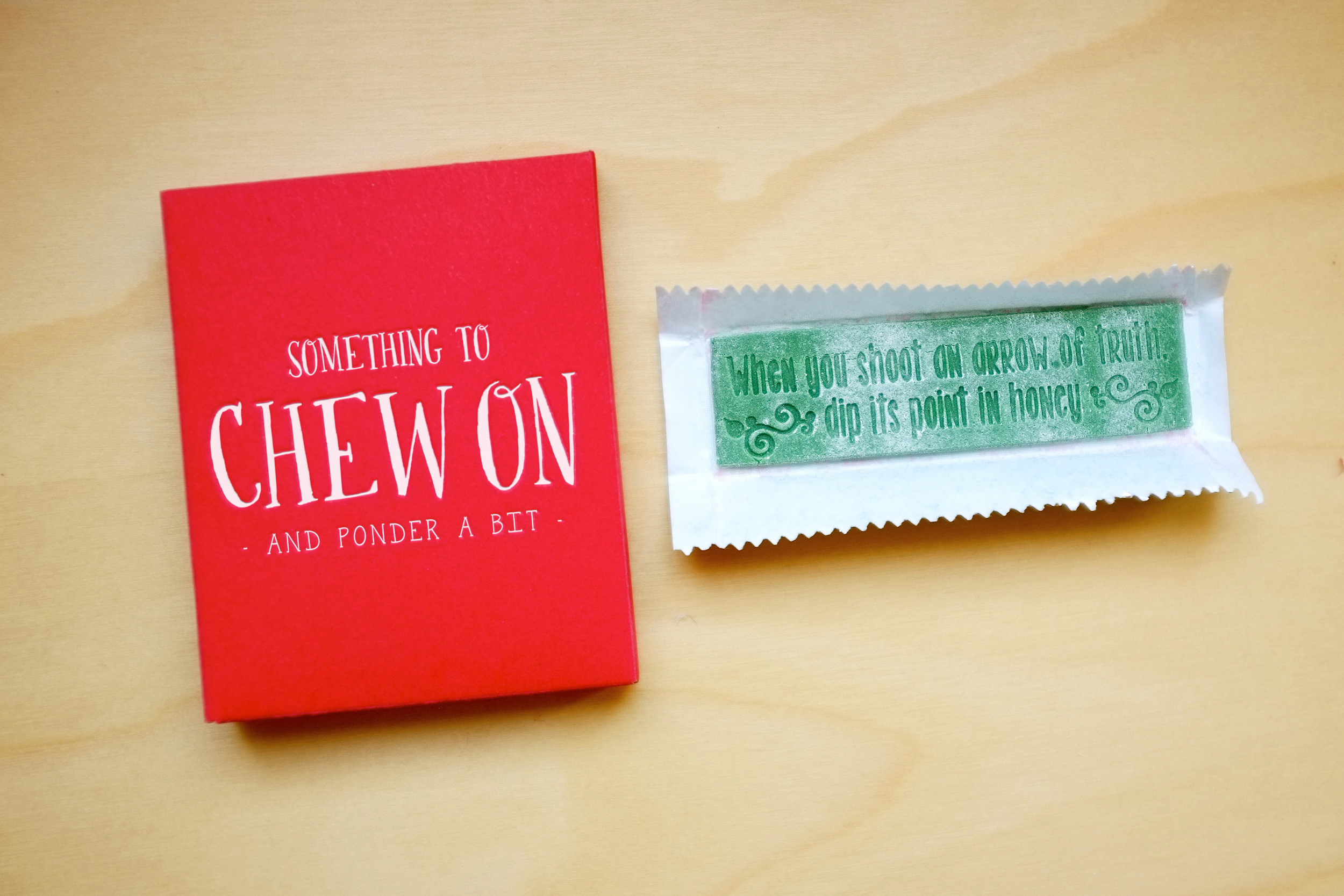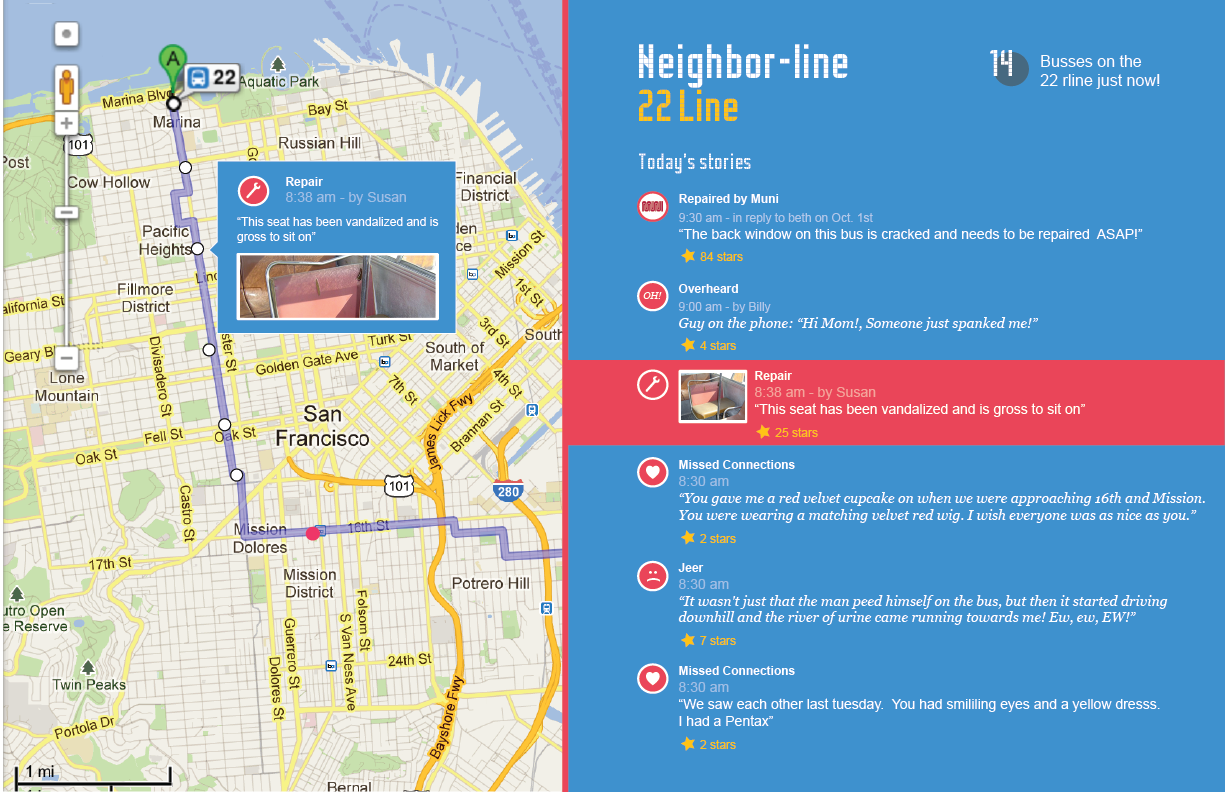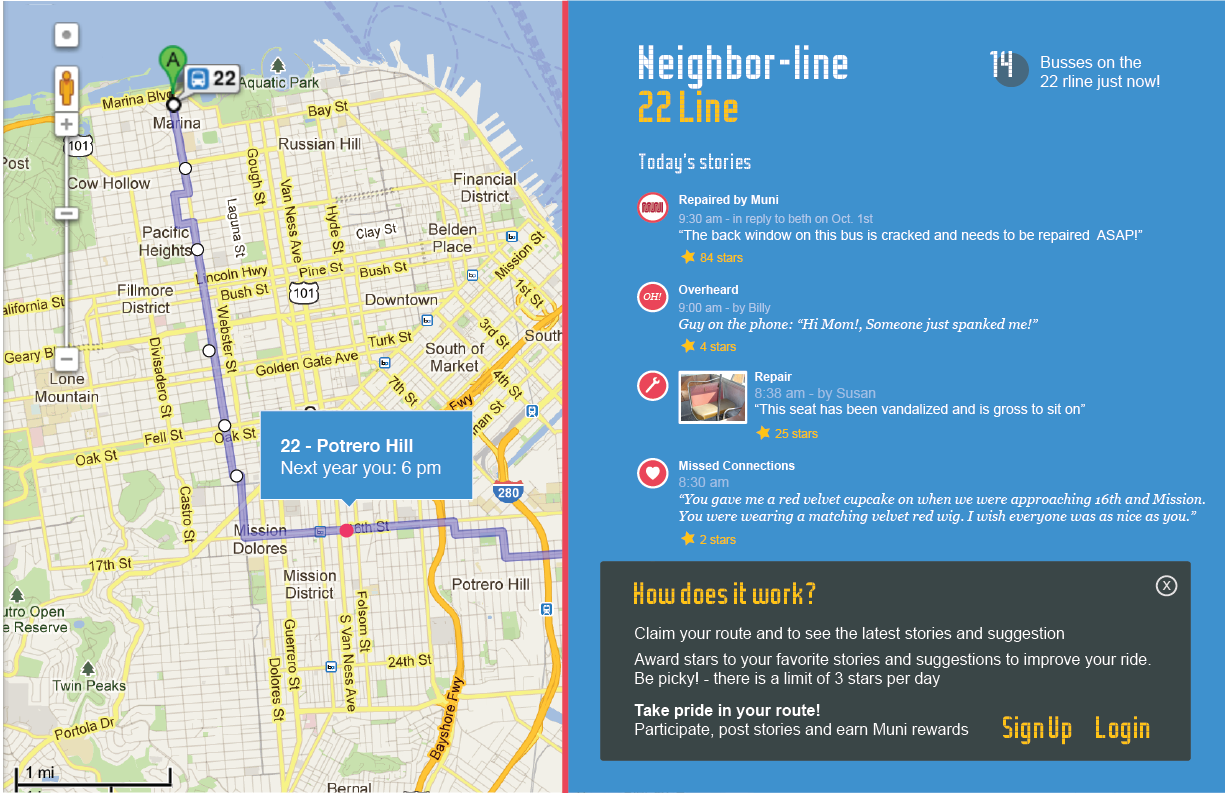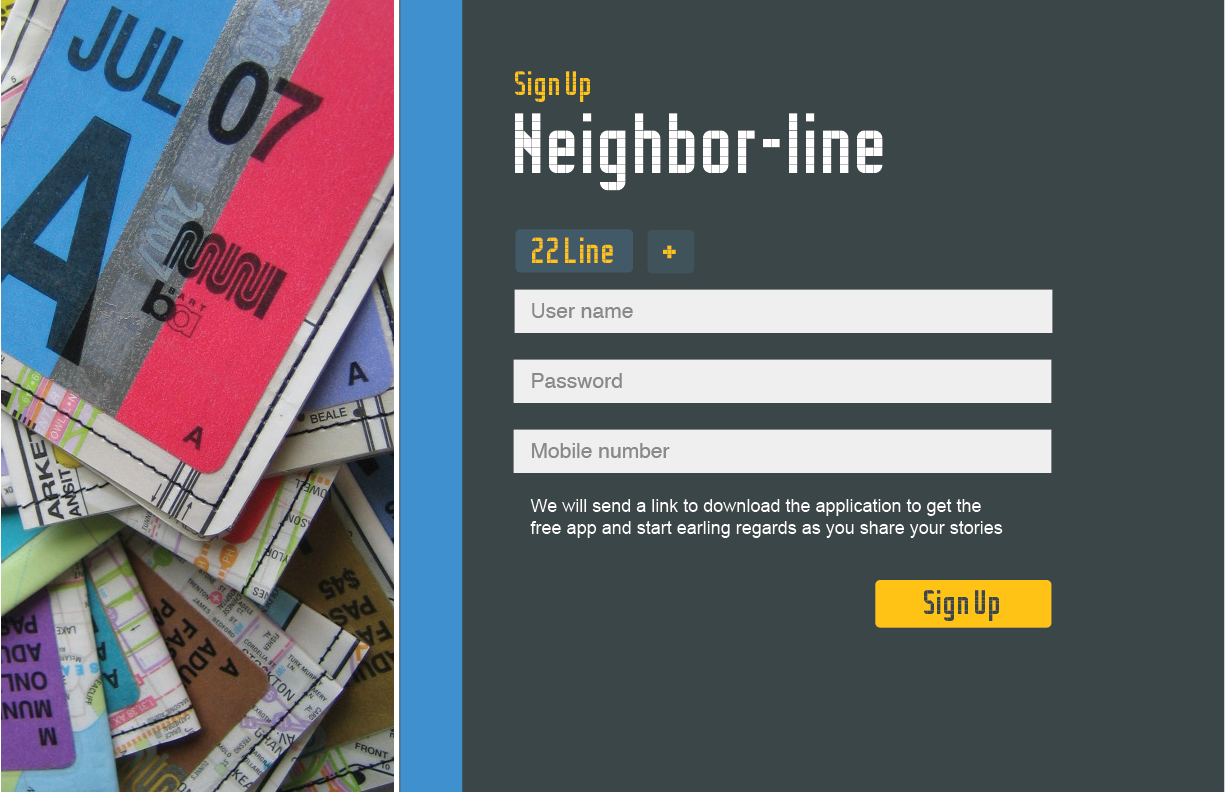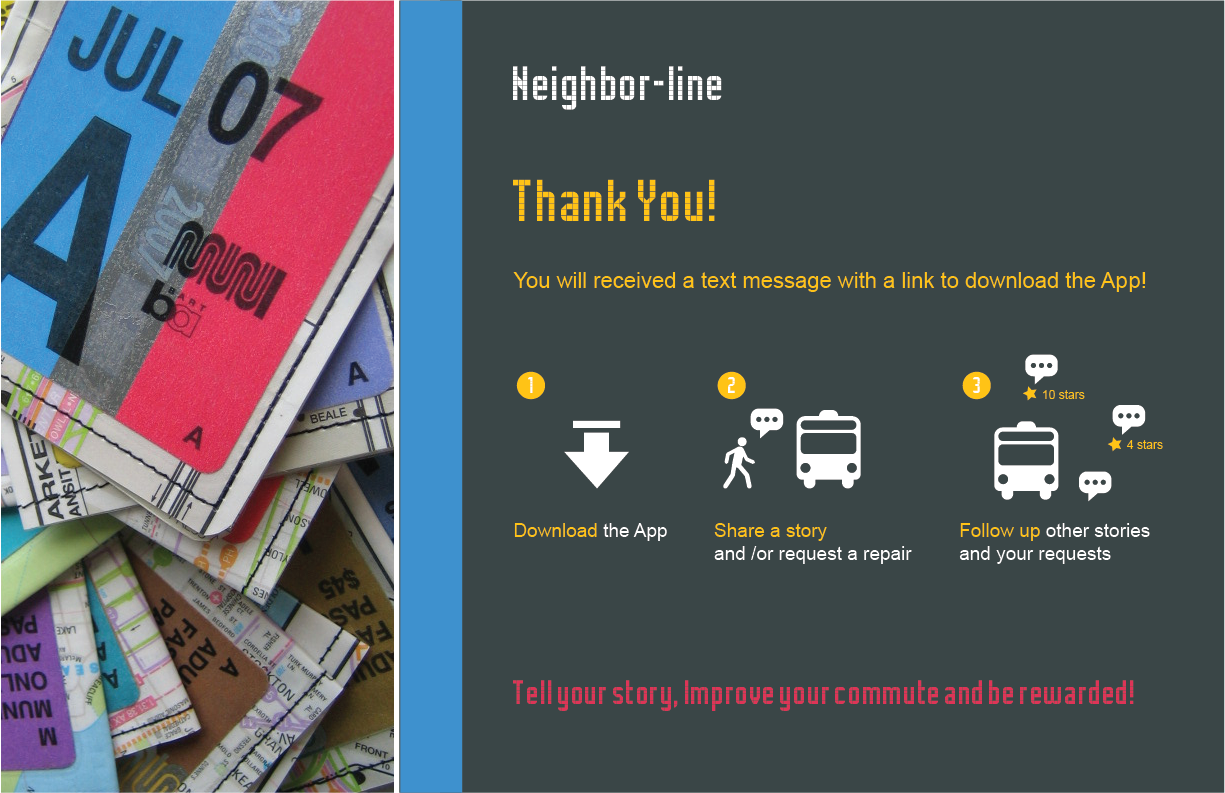Iterati is a lecture series at the intersection of ethnography, empathy and iterative design. Meena Kadri, our first speaker and community manager at OpenIDEO convinced me to write the following post:
On 12 May 2006 the city of Montreal was appointed as an UNESCO City of Design. Every year, many design firms swing their doors open, allowing Montrealers to get a chance to visit the studios of award-winning designers in the fields of architecture, graphic design, interior design, urban planning, landscaping, and fashion.
Montreal exudes economic and social development potential, with many initiatives supported by public, private and civil entities. On the technology front, there are numerous groups and gatherings of like-minded people, with many events for sharing ideas and initiating collaborations to build applications, start coops or share skills to empower others to express themselves. To name just a few of these groups we have UXMTL (User Experience Design Montreal), ARMTL (Augmented Reality Montreal), Notman house (a startup hub in Montreal) and Studio XX (women, art, technology and society).
Given the existing design scene, we wanted to create a place where local and international people could come and share their experiences in researching, observing and understanding a given community as a source of inspiration for design in a more empathic manner. This gave birth to the first Iterati (Italian for “iterations”), which recently started as a monthly lecture series focusing on the intersection of ethnography, empathy and design.
Where to begin, and who to invite? OpenIDEO provided the answer. IDEO advocates and uses observation and empathy as sources of inspiration for finding design solutions by working within a community. Recently, this approach has been extended in a global participatory manner through OpenIDEO. If you have been participating at OpenIDEO, you have probably met Meena Kadri, either through a comment that she posted to your contributions, or while reading about previous challenges. This is how I met Meena, where she later became a Community Manager, and decided to contact her through Twitter and ask her if she wanted to be our first Iterati speaker. After a few messages she kindly accepted the invitation, a perfect fit for this first lecture given her background in both Anthropology and Design.
This first Iterati was an interesting and fun experience for us. We hosted Meena remotely at the School of Urban Planning at McGill University, and students and professionals from the Montreal community joined the conversation from Montreal to Wellington, New Zealand via Skype. If you are interested to listen to our first talk, feel free to do so from over at http://www.iterati.ca/.
Meena's opening speech "… Today it is about my first true love Anthropology and its sub-branch ethnography; which it is about listening to others’ stories or connecting the dots from smaller stories to form grand narratives. I like to stick it in a cocktail shaker with design where it has the power to inform social innovation and create social impact…"
If you would be interested in sharing your observations, field work and insights as a part of a design process please contact me on twitter @aolmos. Would love to hear from you!
